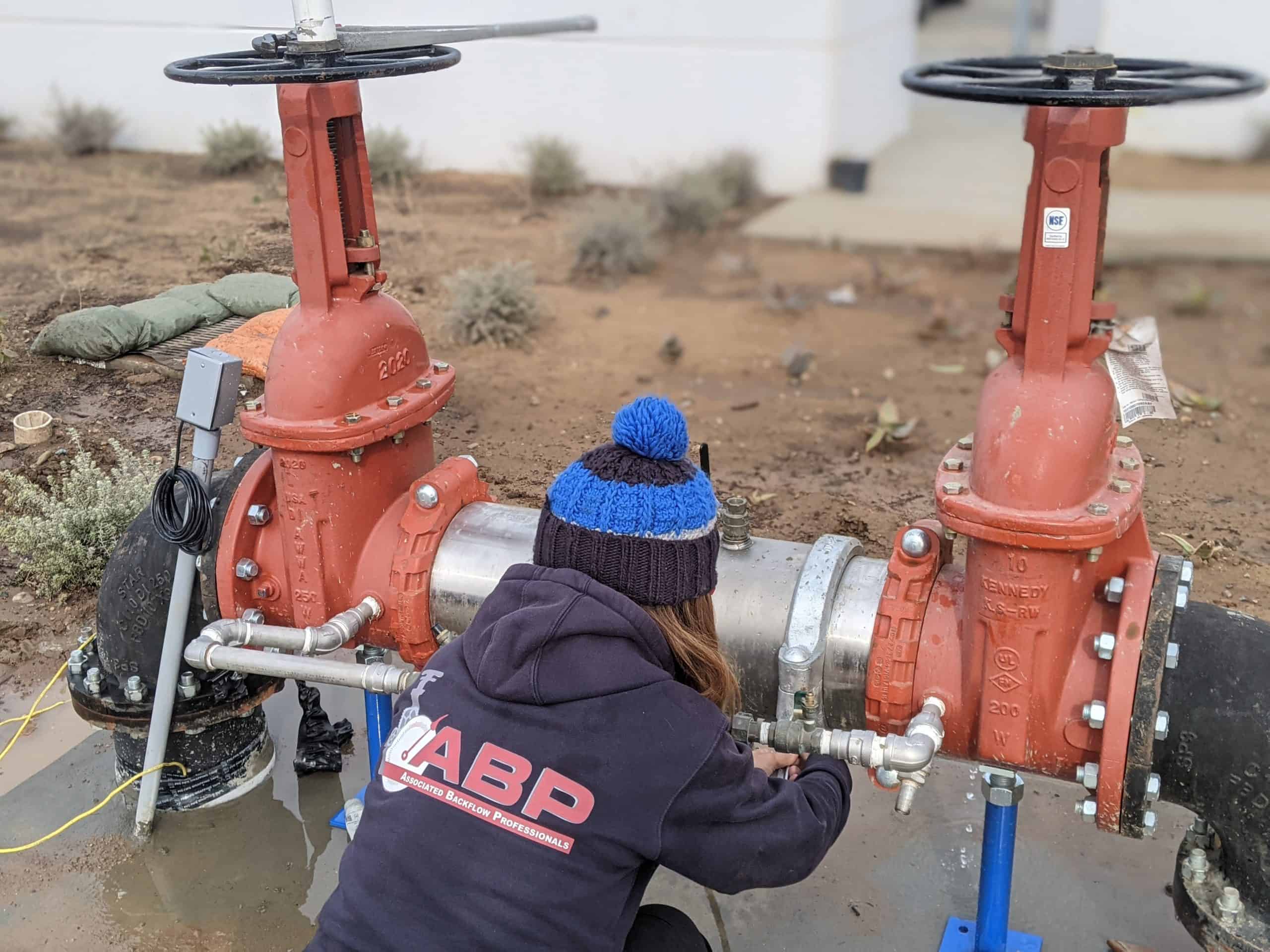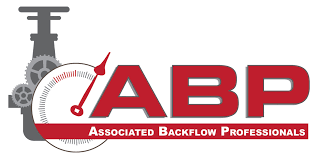Backflow 101: What is a backflow and why does it matter?
Water flows from the source to your tap in pressurized water pipes in one direction when everything is working correctly. But in certain circumstances it can flow in the opposite direction which is commonly referred to as “backflow.” There are a number of reason this can occur, such as age, damage from the elements, a water main break or the equipment being vandalized, but in any case the water flowing backward often is non-potable and might contaminate the drinking water supply.
Who can require that I get my backflow device tested?
Backflow tests can be requested by any agency that has jurisdiction over your local water, such as a municipality, a local water district, or a local operator like a water authority. In addition, health departments may have jurisdiction and can require backflow certification for businesses where a backflow situation could have an immediate effect on public health – like in stores or restaurants.

How often does my backflow device need to be tested?
This can vary as each authority that has jurisdiction may require a backflow test whenever they feel it is necessary for the protection of the public water supply. Generally, most authorities require a test of each backflow prevention device once each year. We would advise checking with your local requirements and setting up regularly scheduled testing checks to avoid any compliance issues.
Who is qualified to perform backflow testing?
It’s important to work with a professional backflow expert with the right training and experience. Backflow professionals are required to undergo a thorough education about water safety and backflow testers must be certified by a cross-connection authority such as the ABPA, ASSE, or AWWA. Because some local water authorities may also require additional certification for testing in their jurisdiction we ensure that all testers update their certification regularly. Your local water authority will usually include a list of certified testers who are approved to test in your area along with their requirements for certification. At ABP Backflow, our team of professionals have current certifications and are continually updating their experience and education to stay ahead in the fields of cross-connection and backflow prevention.
What if my backflow prevention device fails the test?
Because backflow prevention assemblies are mechanical devices that spend 100% of their time submerged in water it’s inevitable that some of the parts of every backflow device will need to be repaired or replaced from time to time. Depending on the local environmental conditions and because the quality of water varies by the water district, some backflow devices may be subject to increased levels of minerals, which can leave deposits on the internal components of a backflow device and drastically reduce its life span. But not to worry, if your backflow device fails its test, you can rely on the experts at ABP Backflow to repair it quickly and accurately, keeping your water flowing and keeping your business operational.
Backflow Testing Process
Most backflow devices are located outside, so you can schedule a test without having to be present. In most cases testing only takes a few minutes and while the test is being performed your water service will be momentarily interrupted.
How to Book a Test
Complete our online form or call today to contact Associated Backflow Professionals (ABP) 7 days a week, 24 hours a day for your backflow needs! Our professionals can work with you to set up a regularly recurring schedule to help you ensure compliance with local requirements.
Why the Test is Important
A testing request notice from local water authorities requires that your backflow prevention device be tested and receive a passing test result. Private water, which may be altered, treated, or contaminated, can never be allowed to return back through the pipes to contaminate the public water supply.
